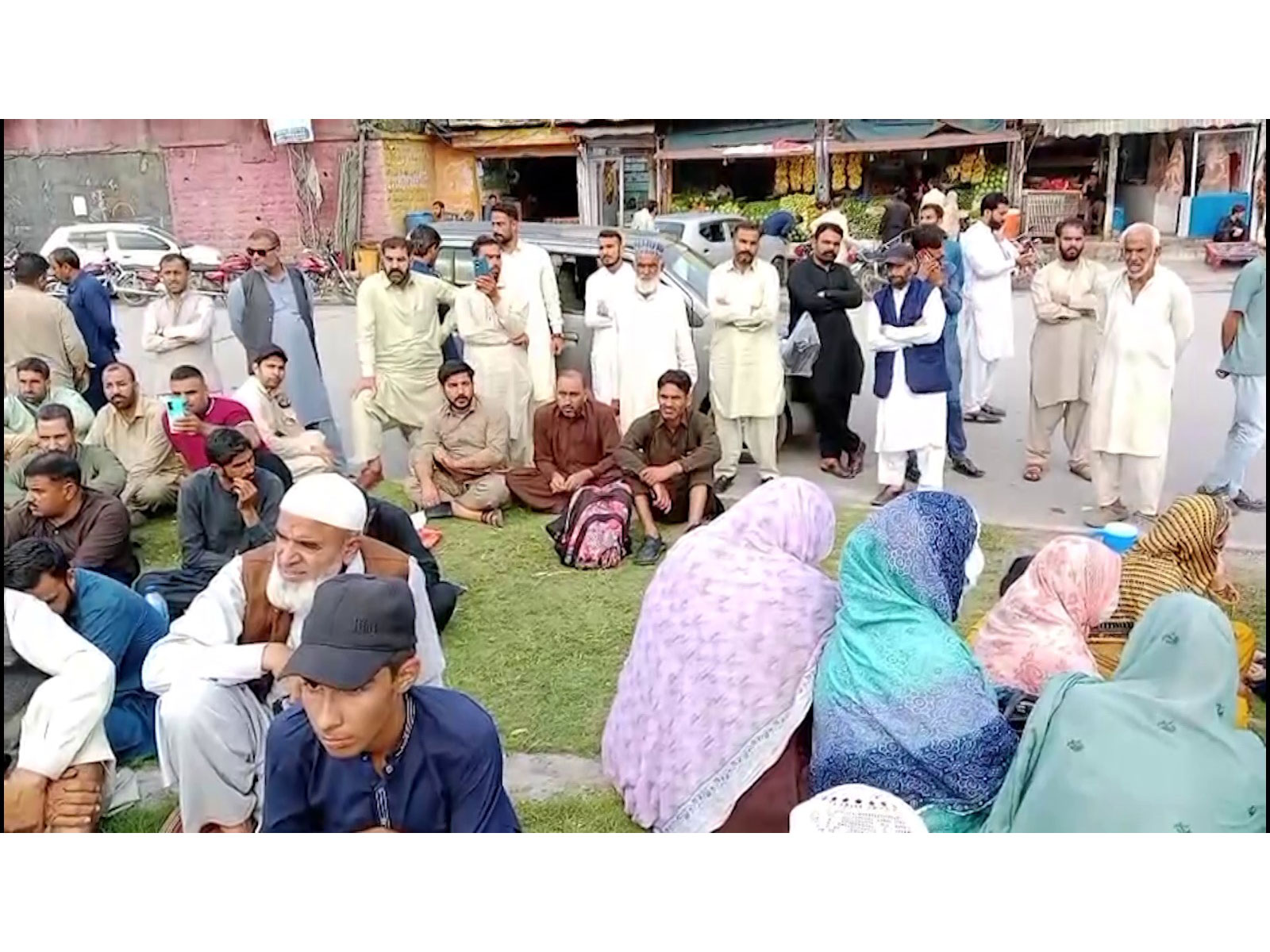Decades-Long Struggle: PoJK Contract Workers Demand Permanent Employment
In Pakistan-occupied Jammu and Kashmir, long-term contractual government employees are protesting for permanent positions. After serving between 10 to 30 years, they accuse the authorities of discrimination and inequality in hiring practices, demanding executive action for their job security.

- Country:
- PoJK
Amid rising tensions in Pakistan-occupied Jammu and Kashmir (PoJK), longstanding ad-hoc and contractual government employees have amplified their protests, pressing for permanent employment status after decades of service. They allege systematic exploitation, discrimination, and inconsistent recruitment policies have left them in jeopardy.
A diverse group of employees from multiple government sectors gathered at the Central Press Club in Muzaffarabad, rallying under the Save Employment Movement. These workers, some serving between 10 to 30 years on temporary contracts, continue to face uncertainty. One protester, Mohd Sakna, voiced deep frustration: 'This protest is our fight for our jobs, livelihoods, and families. Despite 16 years of service, the government's policies remain unfathomable. While similarly qualified new candidates are regularised quickly, we are marginalized. Our specialized experience now hinders us against fresh entrants.'
Allegations abound from protesters who assert decades of loyal service have gone unrecognized, forcing them to work under insecure conditions. Eiaz Ahmed, contributing his voice to the cause, revealed, 'Some have served 18, 20, even 23 years. If permanency was never intended, why were we employed? Recent trends show those connected politically achieve permanence swiftly—a blatant injustice and dual standard.'
The employees fervently call for the government to enact executive orders ensuring their regularisation, circumventing bureaucratic delays. They emphasize that their longstanding contributions warrant recognition and protection of their rights.
ALSO READ
India-ILO Pact to Boost Global Employment Opportunities
Unemployment rate dips for 2nd month to 5.1 pc in Aug: Govt survey
Impact of Trump's Tariffs on Indian Employment and Exports
Inflation Surge and Employment Woes: A Fed Dilemma
Federal Reserve's Rate Cut Dilemma: Balancing Inflation and Employment










